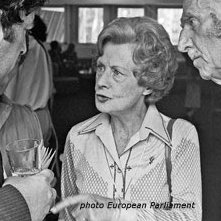
Senior Lecturer at @QMPoliticsIR @QMUL. Author of books on US and UK politics. Co-host of 'Since Attlee & Churchill' podcast with @LeeDavidEvansUK.
2 subscribers
How to get URL link on X (Twitter) App


 Hart declared it ‘monstrous’ that ‘work-shy’ middle-class youth who saw themselves as ‘God's gift to poetry or guitar-playing’ refused low-prestige jobs.
Hart declared it ‘monstrous’ that ‘work-shy’ middle-class youth who saw themselves as ‘God's gift to poetry or guitar-playing’ refused low-prestige jobs. 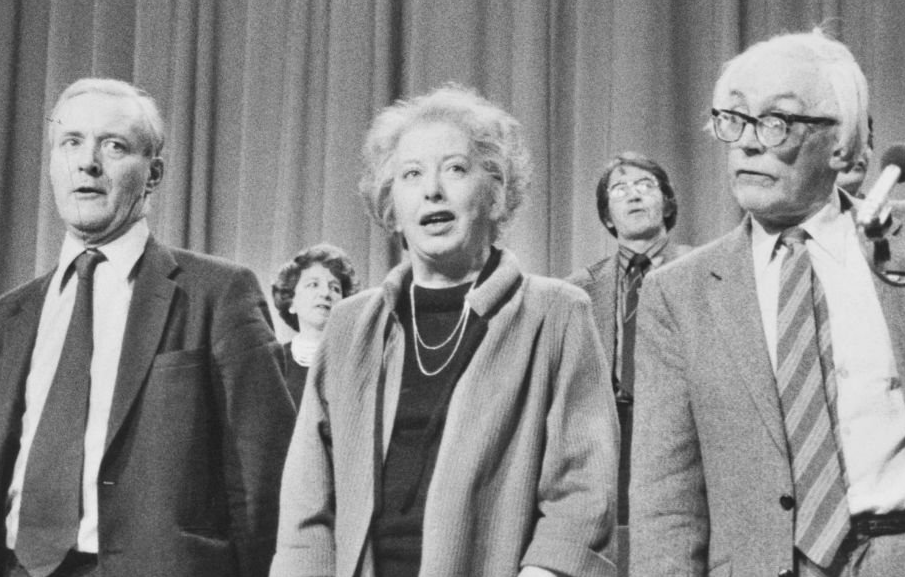
https://twitter.com/ElectionMapsUK/status/1765910523952918586Of course, there was much outrage over 'partygate', but much of the furore was media-driven and amplified by people who hated Boris quite specifically for his role in Brexit.
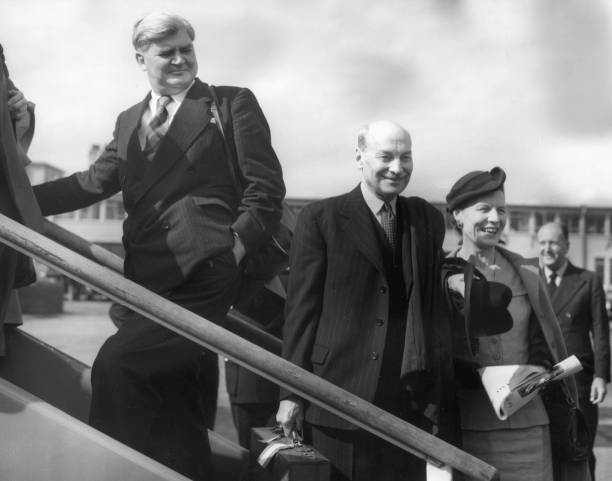
 'They make sweet music to his ears... They whisper in his blood and evoke memories of a time that was, before he was compelled to seek shelter in reluctant lands.'
'They make sweet music to his ears... They whisper in his blood and evoke memories of a time that was, before he was compelled to seek shelter in reluctant lands.' 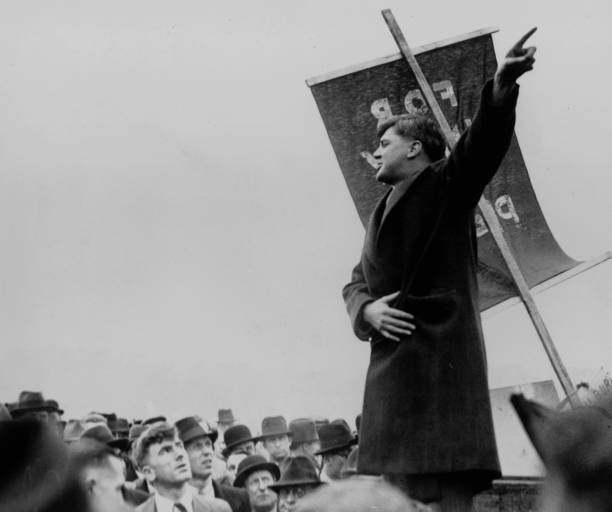
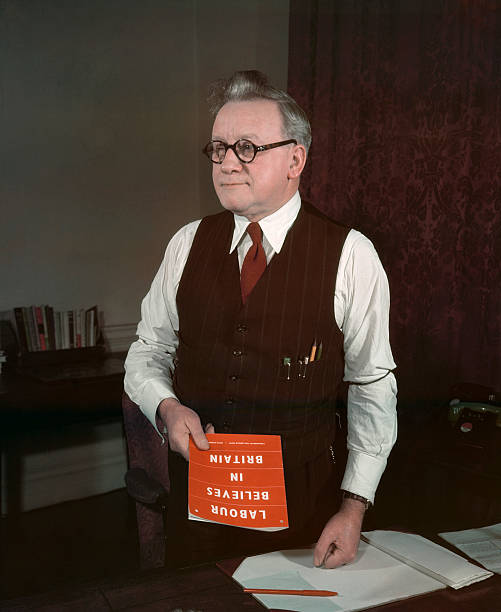
 The first time Morrison ever spoke in Parliament after his maiden speech in 1923 was to denounce Liberals' schemes to introduce PR to elect MPs.
The first time Morrison ever spoke in Parliament after his maiden speech in 1923 was to denounce Liberals' schemes to introduce PR to elect MPs.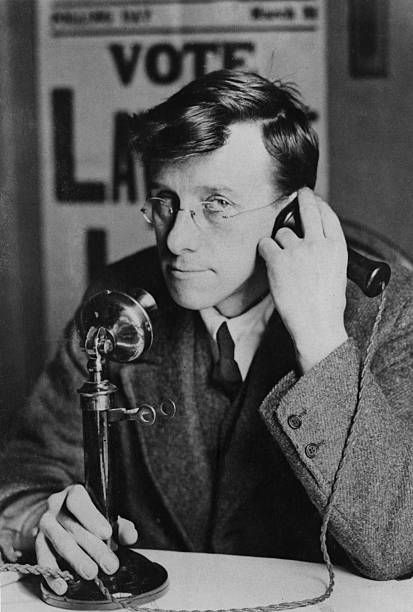
https://twitter.com/Con_Soc/status/1663485916558639105David has written a v good review, but I do think it tilts at windmills sometimes.
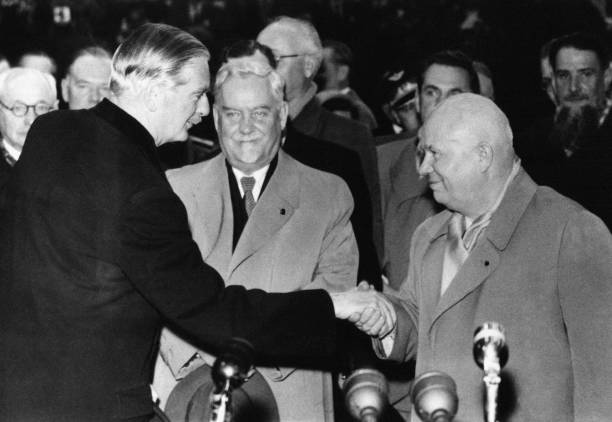
 As part of their visit, the Soviet leaders were invited to dinner with the Labour frontbench in a private dining room in the House of Commons.
As part of their visit, the Soviet leaders were invited to dinner with the Labour frontbench in a private dining room in the House of Commons. 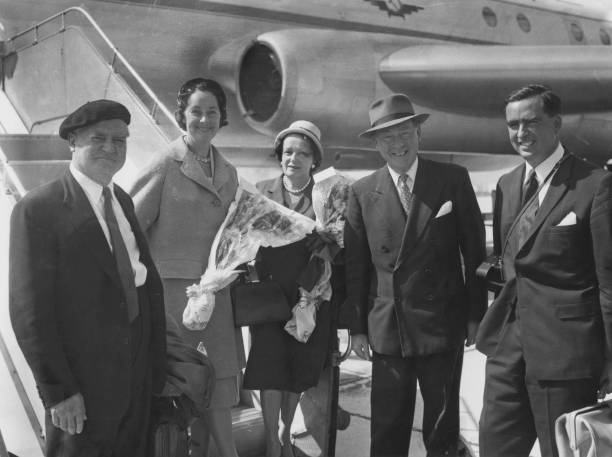
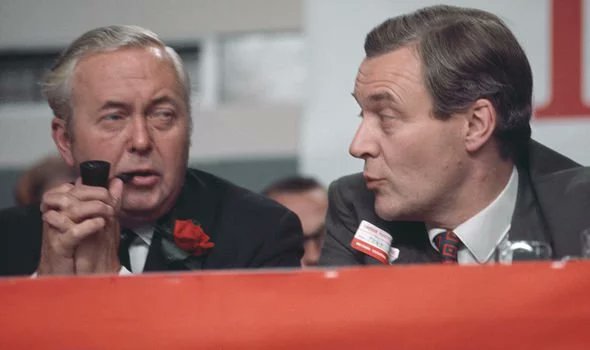
 'Against this damaging embarrassment, the Labour Right reacted violently. They felt it their duty to stamp out any hint of left-wing sympathy.
'Against this damaging embarrassment, the Labour Right reacted violently. They felt it their duty to stamp out any hint of left-wing sympathy.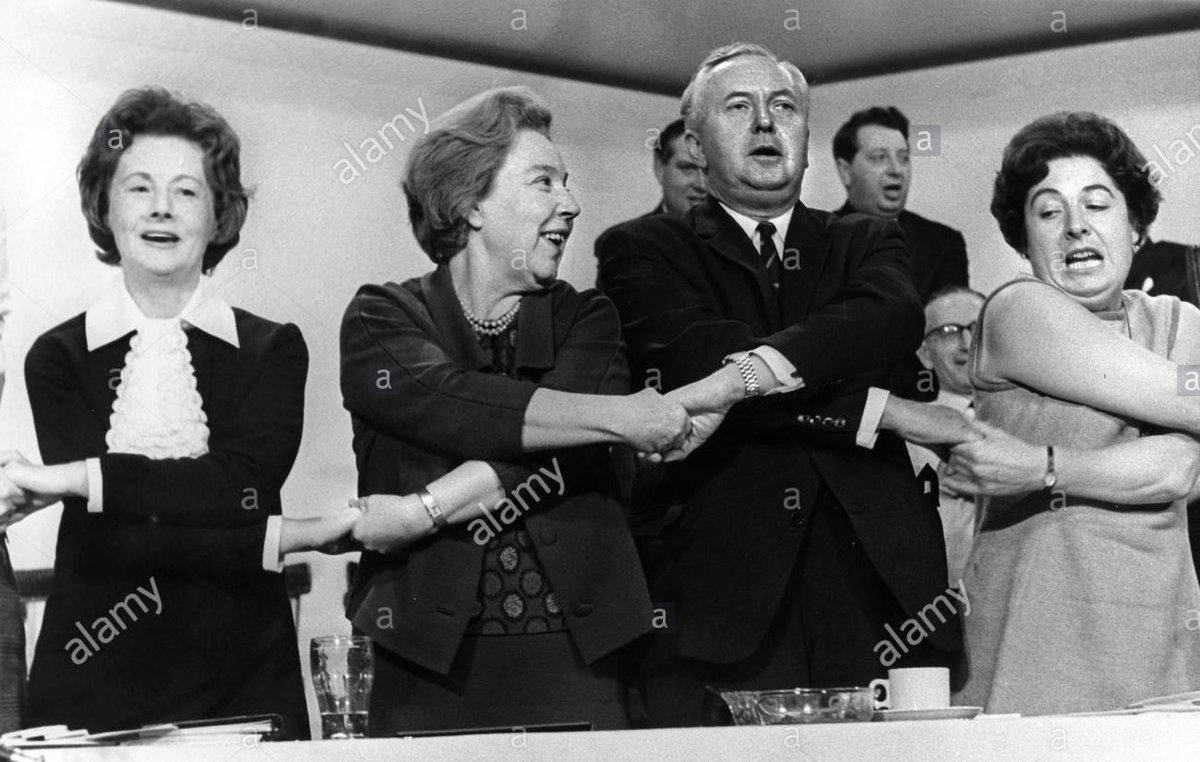

 Routh writes, 'as every organizer knows, white-collar workers are extraordinary difficult to get out on strike; it goes against some deeply held feelings -- their sense of social equality with the boss, their privilege of payment... their semipermanent attachment to the firm...
Routh writes, 'as every organizer knows, white-collar workers are extraordinary difficult to get out on strike; it goes against some deeply held feelings -- their sense of social equality with the boss, their privilege of payment... their semipermanent attachment to the firm...

 The Labour delegation was led by the wonderful, left-wing, former overseas develop minister Judith Hart, supported by three other eurosecptic Labour MPs: Gwyneth Dunwoody, Doug Hoyle (father of the current speaker), and Denzil Davies. /2
The Labour delegation was led by the wonderful, left-wing, former overseas develop minister Judith Hart, supported by three other eurosecptic Labour MPs: Gwyneth Dunwoody, Doug Hoyle (father of the current speaker), and Denzil Davies. /2 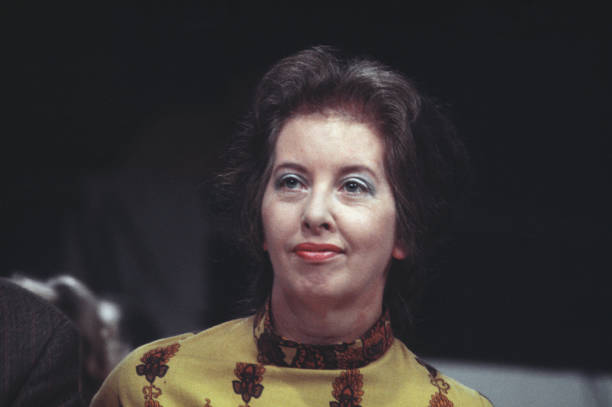
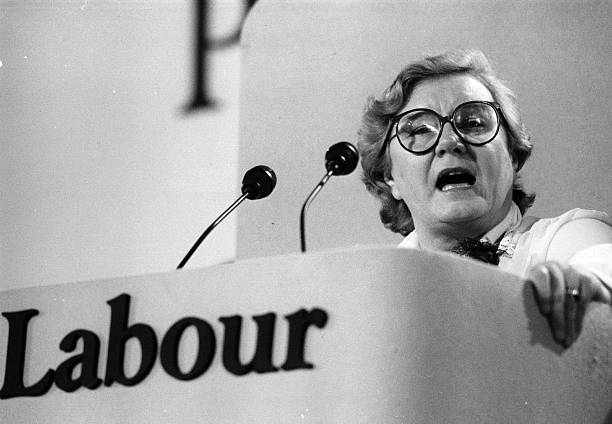
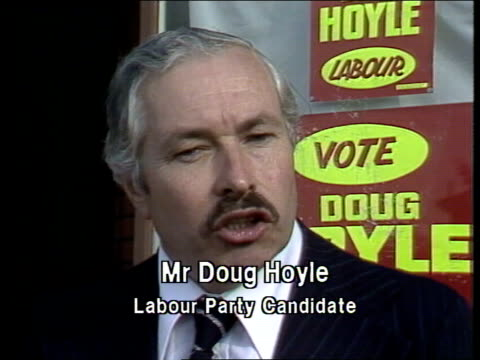
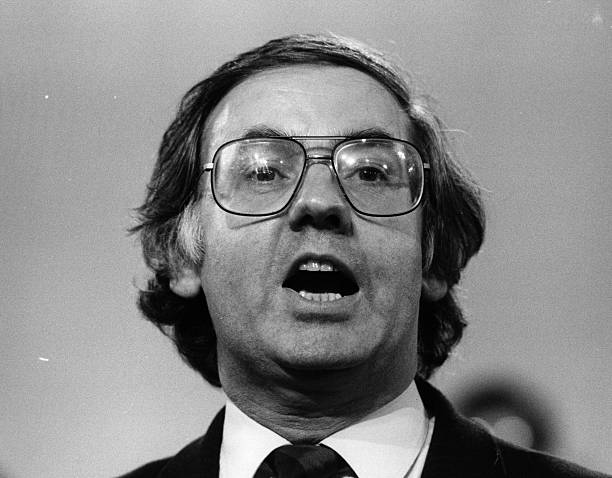
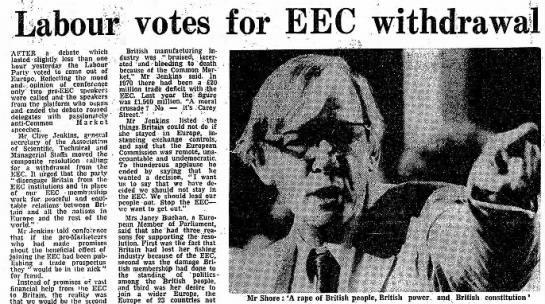
 The left-wing union leader Clive Jenkins complained that EEC membership meant British taxpayers were subsidising 'fat cows' in Germany.
The left-wing union leader Clive Jenkins complained that EEC membership meant British taxpayers were subsidising 'fat cows' in Germany.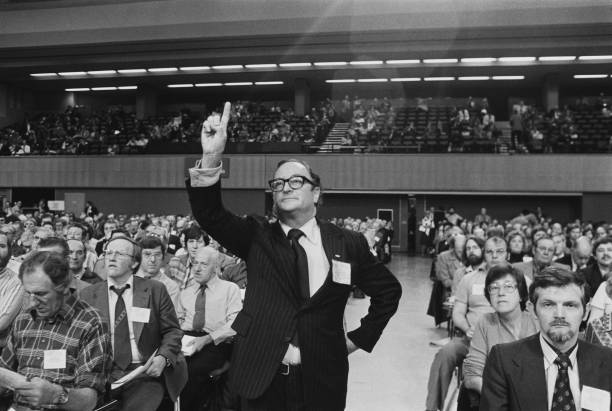
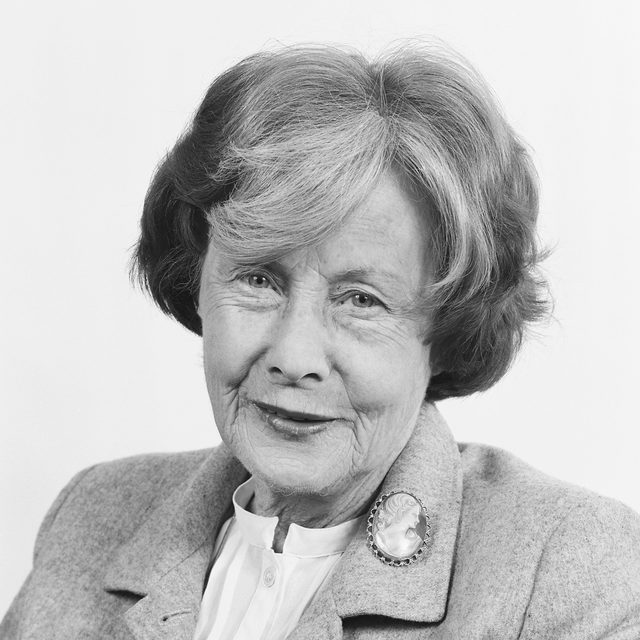
 'on the other hand, the creation of a large free market and the removal of all barriers to competition will automatically solve the problems of industry and raise the standards of life of industrial workers...'
'on the other hand, the creation of a large free market and the removal of all barriers to competition will automatically solve the problems of industry and raise the standards of life of industrial workers...' 